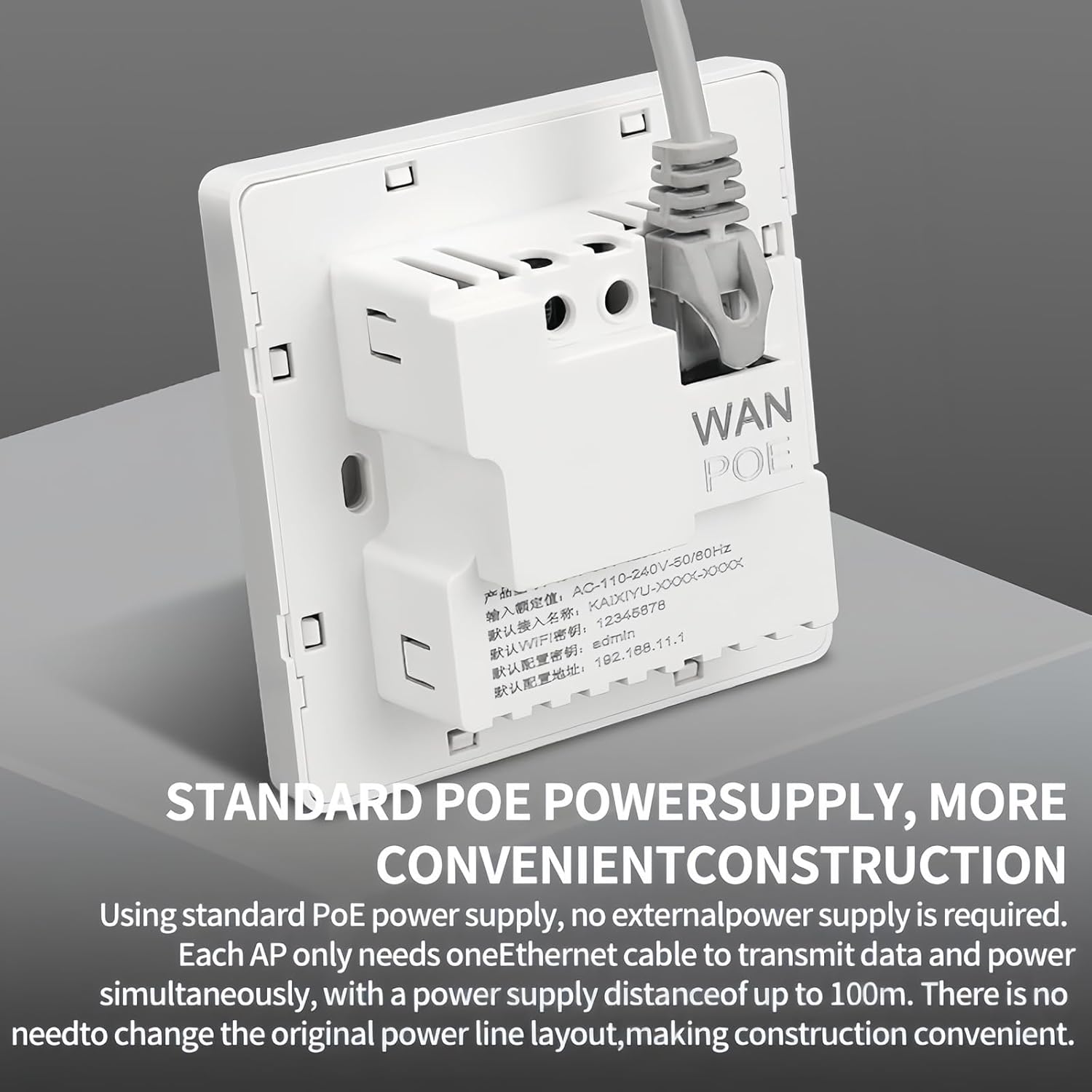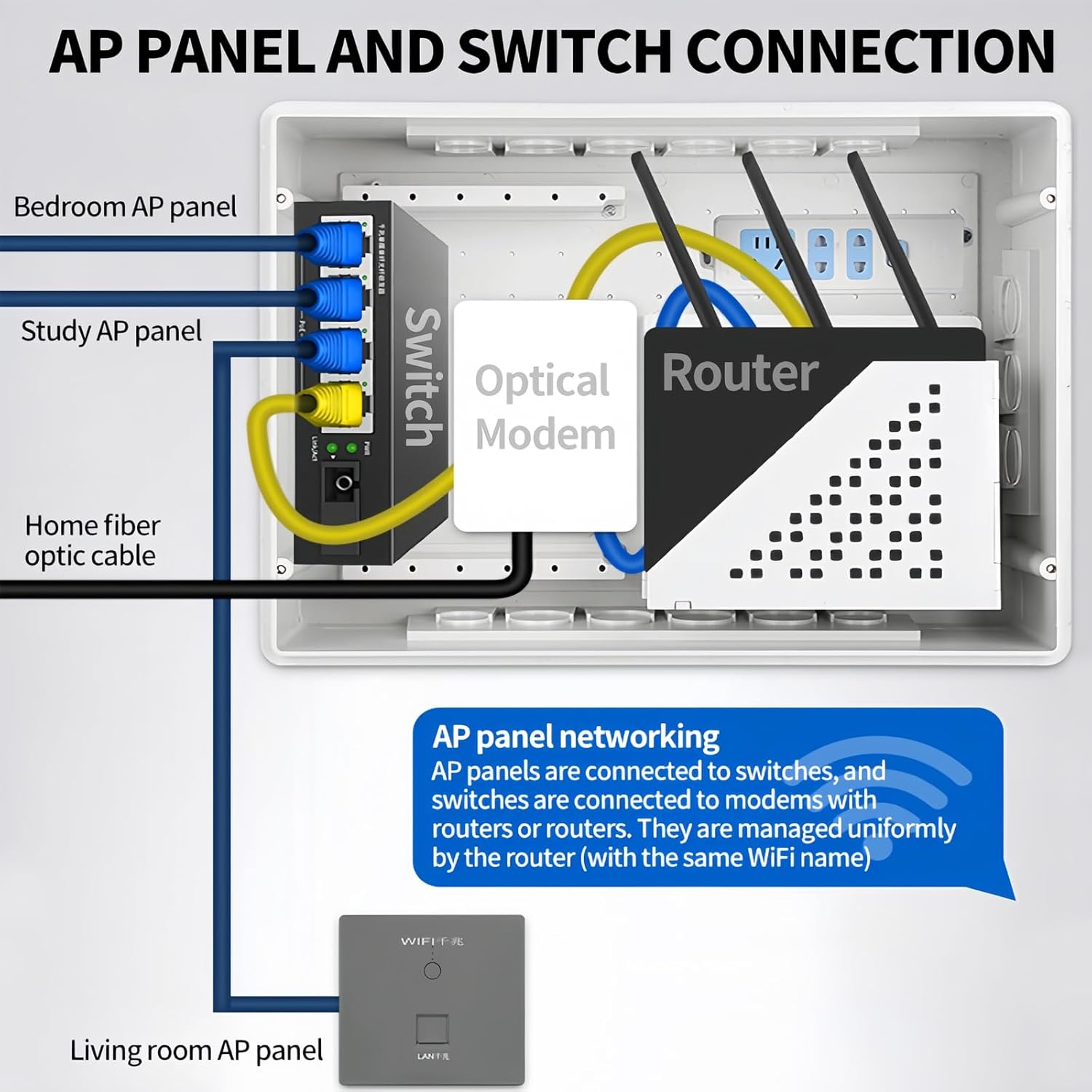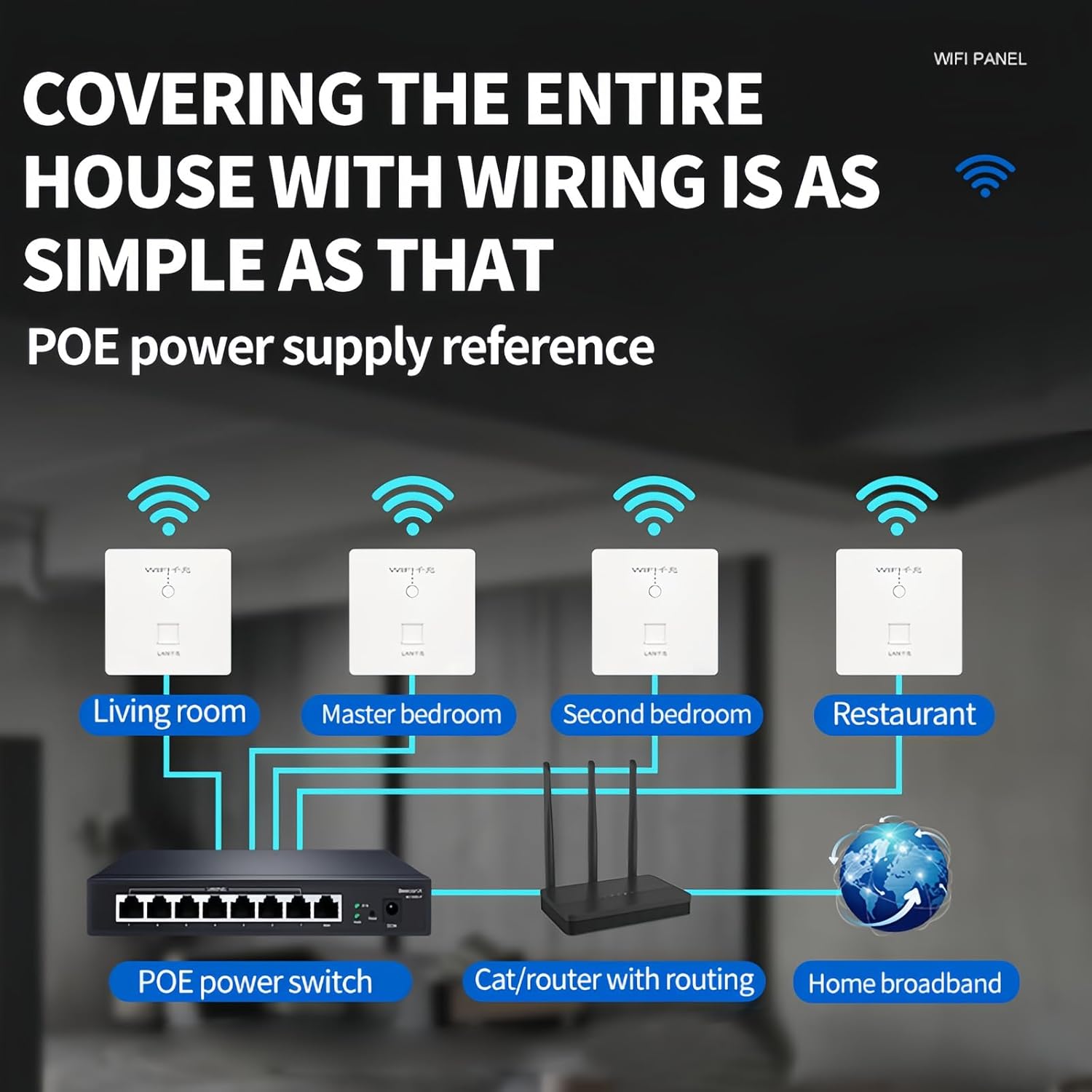





Price: $80.21
(as of Apr 07, 2025 18:18:09 UTC - Details)
The Best Home Internet Provider: Your Ultimate Guide
Introduction
In today’s digital age, having a reliable home internet provider is essential for everything from remote work to streaming your favorite shows. With so many options available, finding the best home internet provider can feel overwhelming. This guide aims to simplify your search by focusing on key aspects that matter most to you, such as speed, reliability, and customer service. By the end of this article, you’ll have a clear understanding of what to look for when choosing the best internet provider for your home.
What to Look for in a Home Internet Provider
Speed Matters: Finding the Right Internet Speed for Your Needs
When searching for the best home internet provider, one of the most critical factors to consider is internet speed. Different households have varying needs; for instance, if you’re a casual browser, you may not require the same speed as a family of gamers or streamers. Most providers offer various plans, typically measured in megabits per second (Mbps).
- Casual Users: If you mainly browse the web and check emails, a plan offering speeds of 25-50 Mbps should suffice.
- Streaming and Gaming: For those who enjoy streaming in high definition or gaming online, look for speeds of 100 Mbps or higher.
- Multiple Users: If your household has several devices connected simultaneously, consider plans that provide 200 Mbps or more to ensure everyone enjoys a smooth experience.
Reliability: Ensuring Consistent Internet Access
Another important aspect when choosing the best home internet provider is reliability. You don’t want to experience frequent outages or slowdowns, especially during critical moments like work meetings or online classes. Here’s how to gauge a provider’s reliability:
- Customer Reviews: Check online reviews and ratings. Look for comments regarding reliability and consistency in service.
- Service Level Agreements (SLAs): Some providers offer SLAs that guarantee a certain level of service, which can be a good indicator of reliability.
- Technology Type: Fiber-optic internet tends to be more reliable than cable or DSL, so consider this when making your choice.
Customer Service: Support When You Need It
Customer service can make or break your experience with an internet provider. When issues arise, you want a provider that is responsive and helpful. Here are some tips to evaluate customer service:
- Availability: Check if the provider offers 24/7 customer support. This can be particularly important for those who work odd hours or have emergencies.
- Multiple Contact Options: Look for providers that offer various ways to reach them, such as phone support, live chat, or email.
- Response Time: Research how quickly the provider responds to inquiries. Fast response times can significantly enhance your experience.
Pricing: Finding Affordable Plans
Cost is often a deciding factor when choosing the best home internet provider. While you want reliable service, you also need to stay within budget. Here are some tips for finding affordable plans:
- Compare Plans: Look at multiple providers and their offerings. Don’t forget to include installation fees and equipment rental costs in your calculations.
- Promotions: Many providers offer promotional rates for new customers. Be sure to read the fine print to understand when these rates expire.
- Bundle Services: Some companies offer bundles with TV or phone services, which can save you money in the long run.
Data Caps: Understanding Your Usage Limits
Data caps can impact your internet experience. Some providers impose limits on how much data you can use each month, which can be frustrating if you’re a heavy user. Here’s what to consider:
- What is a Data Cap? A data cap is a limit on the amount of data you can consume within a billing cycle. Exceeding this cap may result in throttled speeds or extra charges.
- Assess Your Usage: If you stream a lot of videos or download large files, look for providers that offer unlimited data plans or high caps to avoid potential issues.
Installation Process: Getting Connected
The installation process can vary from one provider to another. Understanding what to expect can make your transition smoother. Here are some key points:
- Self-Installation vs. Professional Installation: Some providers offer self-installation kits, while others may require a technician to come to your home. Choose what suits your comfort level.
- Timeframe: Ask how long it typically takes to get connected. Some providers can have you up and running within days, while others may take weeks.
Availability: Ensuring Service in Your Area
Not all internet providers are available in every area. Before getting your heart set on a provider, check their availability. You can usually find this information on their website or by calling customer service. It’s crucial to ensure that the provider you want serves your specific location.
Additional Features: What Else Is Offered?
Many internet providers offer additional features that can enhance your service. Consider whether these extras are important to you:
- Wi-Fi Equipment: Some providers offer free or rental Wi-Fi routers. Check if the equipment is included in your plan.
- Security Features: Internet security is paramount. Some providers offer built-in security features to help protect your devices.
- Streaming Services: Certain providers partner with streaming services, offering discounts or free trials to their customers.
Conclusion
Choosing the best home internet provider is a significant decision that can affect your daily life. By focusing on essential factors like speed, reliability, customer service, pricing, and data caps, you can find a provider that meets your needs. Remember to compare different options and read customer reviews to ensure you make an informed choice. Ultimately, the right internet provider can enhance your online experience, allowing you to enjoy all that the digital world has to offer.
In summary, when searching for the best home internet provider, keep an eye on speed, reliability, customer service, pricing, and additional features. With this guide, you’re well-equipped to make a smart choice for your home internet needs.
DUAL CONNECTIVITY: Features both wired and wireless capabilities, allowing simultaneous connection of computers via network cables and mobile devices via WiFi
HIGH-SPEED PERFORMANCE: 1000Mbps embedded wireless router provides fast and reliable internet connectivity for multiple devices
POE TECHNOLOGY: Utilizes standard Power over Ethernet for up to 100m power supply distance, requiring only one Ethernet cable for both data and power
SIMPLIFIED INSTALLATION: Eliminates the need for external power supplies or modifications to existing power line layout, streamlining the setup process
WHOLE-HOME COVERAGE: Supports multiple AP panel installation throughout the house with unified WiFi signal management for seamless roaming
